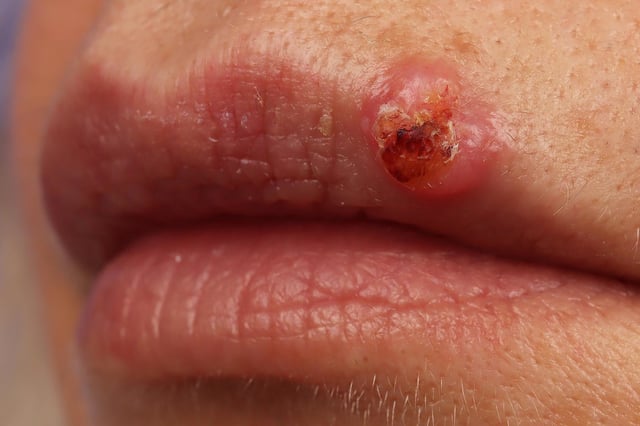Overview
- NIH researchers demonstrated for the first time that beta-HPV can integrate into skin-cell DNA and directly drive cutaneous squamous cell carcinoma in patients with T-cell defects.
- Genetic analysis of a 34-year-old patient showed intact UV damage repair, isolating viral oncogenesis as the sole cause of her recurrent tumors.
- A personalized stem cell transplant replaced her defective T cells and led to sustained remission with no cancer recurrence over more than three years.
- Study authors recommend identifying and monitoring immunocompromised individuals at risk of beta-HPV–driven cancers.
- Researchers are assessing cross-protection of existing HPV vaccines against beta strains and advancing preclinical antiviral candidates for cutaneous HPV.

